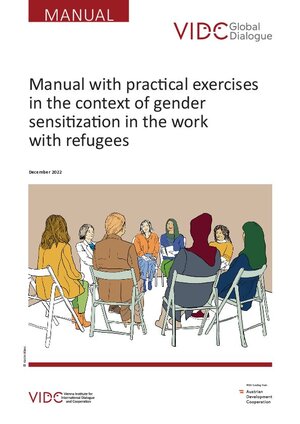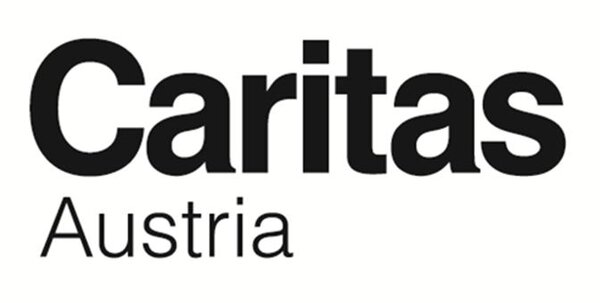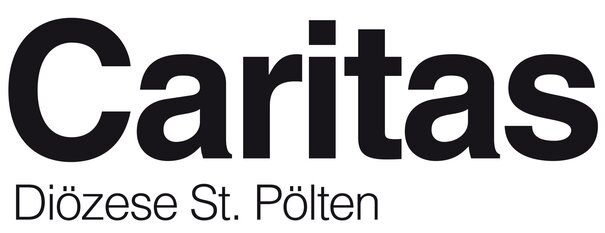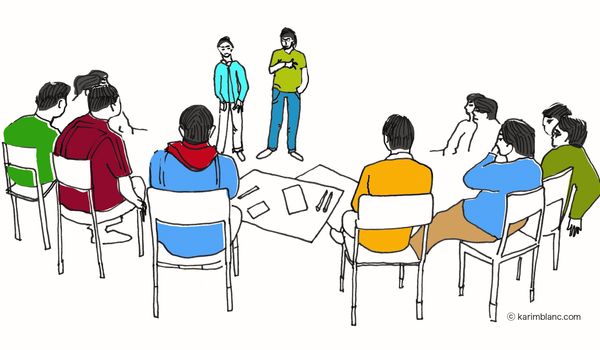The manual we have put together is based on our experiences with a Gender-Tandem-Workshop-Programme for Afghan men and boys and with Afghan women in Austria. We developed these programmes with Afghan associations and experienced trainers, and they have shown to be useful and empowering for participants. Above all, they encourage the participants to reflect on their own gender role perceptions. While the workshops for women primarily contribute to empowerment, the workshops for men explore alternative perspectives and strategies for action through a critical examination of social (power) relations that disadvantage girls and women and privilege boys and men.
This is because, according to Simone de Beauvoir, what is equally true for men and women is, "We are not born a woman or a man, we are made one." This is the starting point of the workshops, which makes it possible to achieve changes in one's own behaviour, as well as in one's own perspectives.
Workshops for men and women

Thus, critical reflection on gender norms is an objective of both the workshops for women and those for men. For both, the workshops create a space in which opinions, attitudes, fears, and taboo topics can be addressed without judgment by others - of course, the trainers have to pay attention to this.
The workshop programme for women focuses on empowerment. This can take place on different levels, which of course, cannot all be covered in the workshops. Therefore, the personal level is the focus of this particular workshop.
In dealing with gender norms, the workshops for men are particularly concerned with the critical reflection of one's own privileged position as a man. However, this does not disregard the fact that Afghan men also experience discrimination; these experiences must also be addressed in the workshops. These reflections aim to develop alternative ideas of masculinities to overcome toxic masculinities.
Dard Kush
The Manual is conducted under the project “’Dard Kush’ II - Strengthening Livelihoods of Afghan Refugees and Pakistani Host Communities (with specific focus on women)”. This project is implemented by FACES Pakistan in Lahore, together with Caritas Austria and Caritas St. Pölten, in partnership with VIDC and funded by the Austrian Development Agency (ADA).




